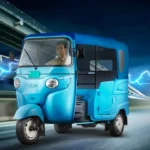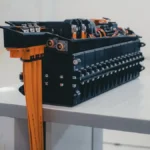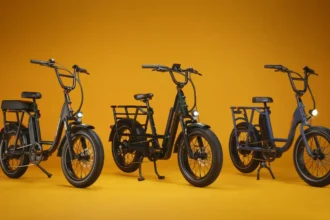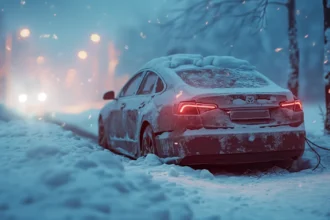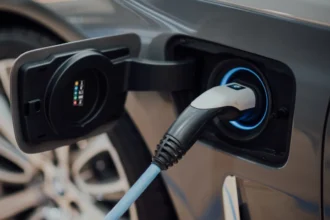A surprising shift is happening in China’s luxury car market. Chinese car maker Seres Group has overtaken BMW in the high-end electric vehicle segment, according to Business-Standard. This remarkable achievement shows how technology partnerships can change the car industry quickly.
Seres Group, formerly known as DFSK Motor, began working with technology giant Huawei in 2021. This partnership was not just about adding tech features to cars. It completely changed how the cars work and feel to drivers. The two companies created the Aito brand together, focusing on luxury electric and hybrid SUVs.
Sales tripled to 427,000 vehicles in 2024, and stock is up 120%.
Zhang Xinghai, Seres Chairman, explained the success simply: “Aito’s success today is thanks to the market’s recognition and customers’ preferences.” This shows that Chinese buyers are now choosing local brands over famous foreign names.
Understanding the Aito M9’s Appeal
The flagship model that changed everything is the Aito M9 SUV. Starting at 509,800 yuan (about $70,000), it offers features that appeal to wealthy Chinese buyers who want both luxury and technology.
- The M9 features an impressive triple-screen dashboard powered by Huawei’s HarmonyOS 4, making the car feel more like an advanced digital device than a traditional vehicle
- Practical luxury touches like a dual-zone refrigerator appeal to Chinese consumers who value comfort and convenience features more than just brand prestige
- With approximately 151,000 M9 units delivered in 2024, the model has become the best-selling car in its price category (above 500,000 yuan)
Technology That Makes the Difference
What makes these cars special is the technology inside. Huawei’s HarmonyOS creates an entirely different experience for drivers and passengers. The system allows for voice commands and personalized settings that make the car feel more intuitive.
Beyond the operating system, the M9 includes four special sensors called LiDARs that help the car “see” better than most other vehicles. This improves safety by detecting low obstacles that might be missed by other systems.
Success During Market Challenges
What makes Seres’ achievement more impressive is that it happened during a difficult time for luxury cars in China. The overall luxury car market in China fell by 23% in 2024 due to economic slowdown.
Richard Yu, who leads Huawei’s consumer business group, acknowledged the challenge: “It’s hard work every time we build a brand, especially luxury brands.” This honest assessment shows the significant effort behind their success.
What This Means for the Future
Huawei is now exploring partnerships with other car makers, which could create more competition in the market. This suggests we might see more technology companies helping traditional car makers create new luxury vehicles.
The rise of Seres shows how quickly the car industry is changing in China. Local brands with strong technology partnerships are now able to challenge global luxury names that have dominated for decades.

